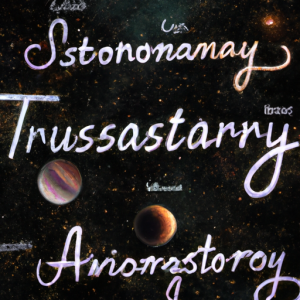Jill farrant biography

Biography of Jill Farrant – The Resurrection Plant Expert
Introduction
Jill Farrant, a South African scientist, has dedicated her life to understanding the resurrection plants, which can spring back to life from a withered state when exposed to water. Her research has direct implications on the future of agriculture in many drought-stricken regions of the world. In this blog post, we will delve into the life and work of Jill Farrant, exploring her background, education, and achievements.
Background
Jill Farrant was born in 1957 in Johannesburg, South Africa. She grew up in a family of engineers where science was the norm. Her father, an engineer, was instrumental in nurturing her love of science and experimentation.
Education
Jill Farrant earned her BSc degree in Biochemistry and Botany from the University of Cape Town in 1979. She continued her education with a BSc (Honours) in Botany in 1980 and a PhD in Plant Physiology in 1986, both from the same university.
Career
Jill Farrant’s career began as a lecturer in Plant Sciences at the University of Cape Town from 1987 to 1993, where she became the youngest person ever to be appointed to that position. In 1994, she joined the National Research Foundation of South Africa as a researcher, where she focused on plant stress and tolerance to drought.
In 1997, Jill Farrant set up the Molecular Physiology Group at the University of Cape Town, where she is currently a professor. She has since been awarded several prestigious awards, including the L’Oreal Women in Science Award (2009) and various other accolades for her incredible work in plant biology.
Research on Resurrection Plants
Jill Farrant’s work has centred around understanding the mechanisms behind how resurrection plants can survive extreme dehydration and recover quickly when they receive water again. Her aim is to apply these principles to developing crops that can withstand drought and other forms of environmental stress.
Through her research, Farrant’s team has discovered that the resurrection plants produce unique proteins that can protect their cells from desiccation and help them recover by replacing damaged membranes and proteins. Her work has already led to the discovery of drought-tolerant genes that can be used to breed crops with improved water efficiency.
Statistics on Jill Farrant Biography
– Jill Farrant has a BSc degree in Biochemistry and Botany and a PhD in Plant Physiology.
– She is currently a professor at the University of Cape Town and set up the Molecular Physiology Group in 1997.
– Farrant has been awarded various accolades, including the L’Oreal Women in Science Award (2009).
– Her research is focused on understanding the mechanisms behind how resurrection plants can survive extreme dehydration and also on applying these principles to develop crops that can withstand environmental stress.
Conclusion
Jill Farrant has undoubtedly made tremendous contributions to the field of plant biology and agricultural research in general. Her unrivalled expertise in resurrection plants has opened up new possibilities for drought-tolerant crops, which are essential to feed the world’s growing population, especially in regions that are struggling with water scarcity.
With Farrant’s research, it is clear that there is hope that we can create crops that are better suited to the challenges of climate change. Her work serves as a reminder of the impact that science can make, and we can all draw inspiration from her dedication to her field of study.
References:
– Jill Farrant – Life and accomplishments. National Research Foundation of South Africa. Retrieved from: https://www.nrf.ac.za/division/sarao/jill-farrant
– Jill Farrant. University of Cape Town. Retrieved from: https://www.uct.ac.za/main/research-group/jill-farrant
– Dacey, J. Resurrection plants: studying how they survive drought. University of Cape Town. Retrieved from: http://www.uct.ac.za/sites/default/files/image_tool/images/434/Resurrection%20plants.pdf








